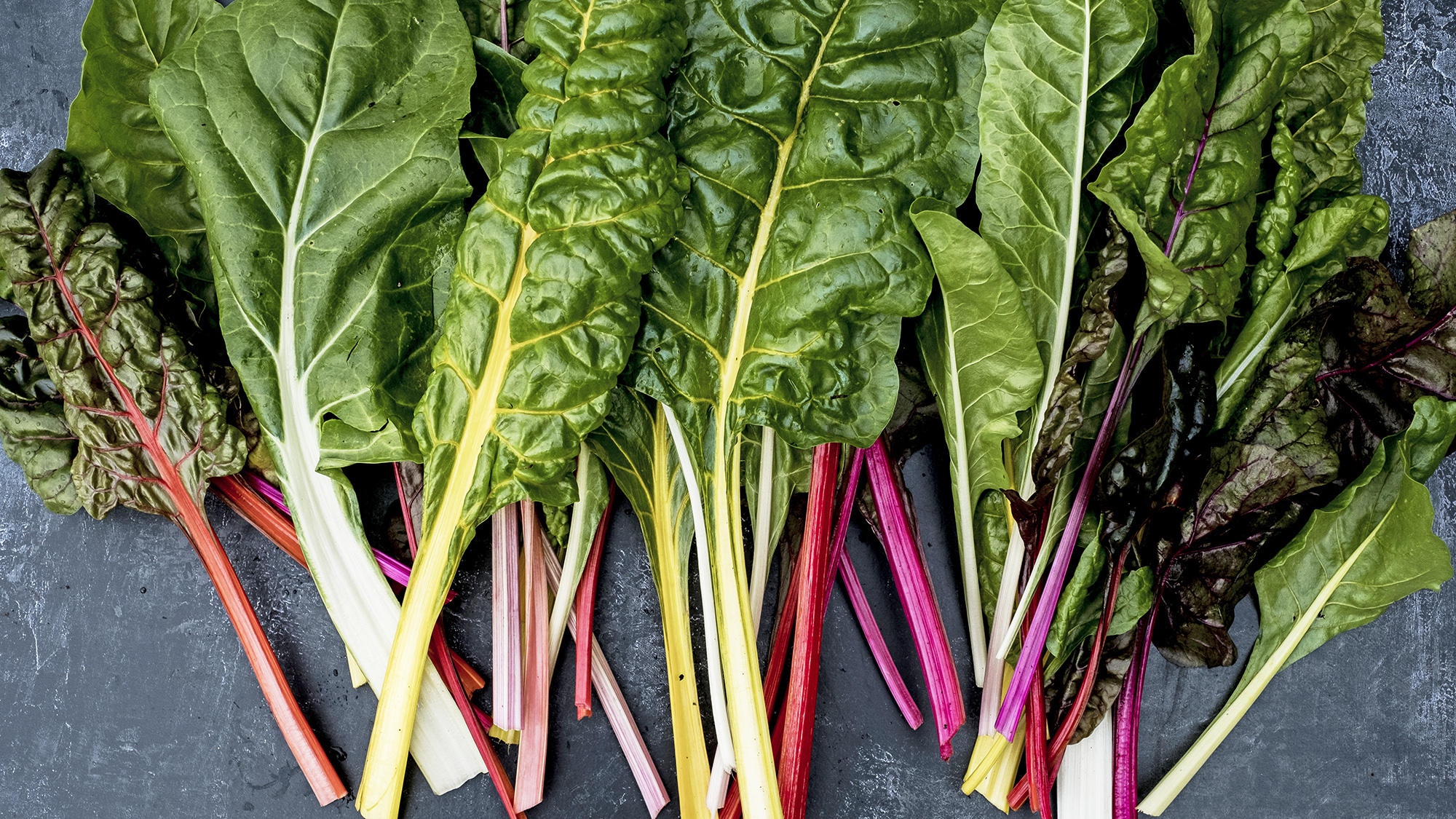
When to harvest Swiss chard to get the most out of your crop
Keep the stems and leaves separate. Thinly slice 3 garlic cloves. Juice 1/2 small lemon until you have 1 tablespoon. Heat 2 tablespoons olive oil in a large, wide, high-sided sauté pan over medium heat until shimmering. Add the chard stems and cook, stirring, until crisp-tender, about 3 minutes. Add the garlic and 1/4 teaspoon red pepper.

Garlic Sautéed Swiss Chard
Step 2. Cook the garlic in olive oil - Heat the olive oil over medium-high heat. Add the garlic and cook until fragrant, about 30 seconds. Step 3. Saute the chard along with the stems - Add the chopped Swiss chard stems and cook for 4 to 5 minutes. Then, add the chopped chard leaves and stir. Lower the heat to low, cover and cook for 2 to 3.
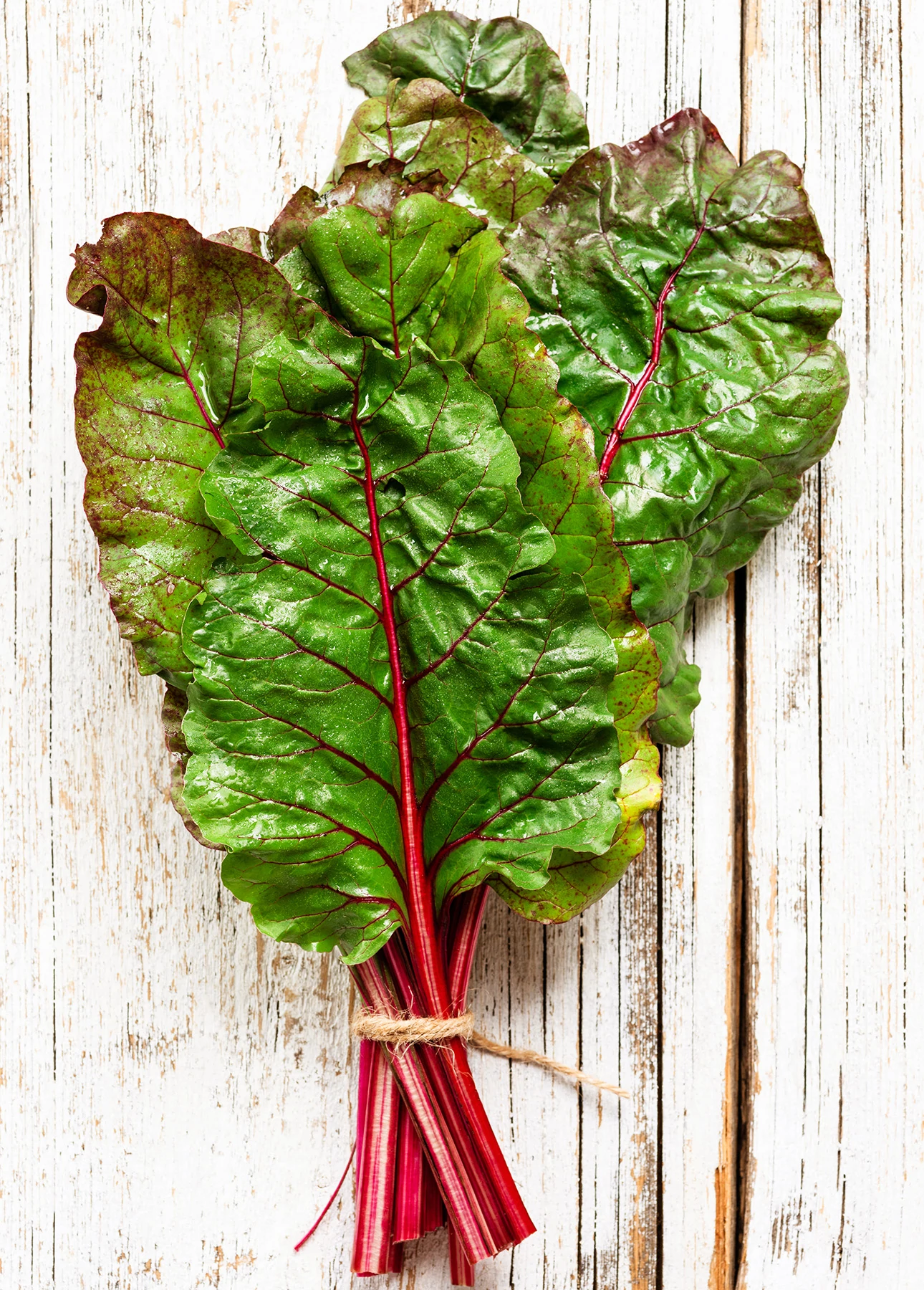
Swiss Chard and Sausage Risotto Food Nouveau
Stir in the chopped walnuts. Add the rest of the ingredients. Pour in the tomato juice, thyme, salt and cayenne pepper and black pepper. Add garlic clove. Finish. Continue sautéing Swiss Chard for a few more minutes until the flavors meld and marry. Adjust the seasoning in necessary.
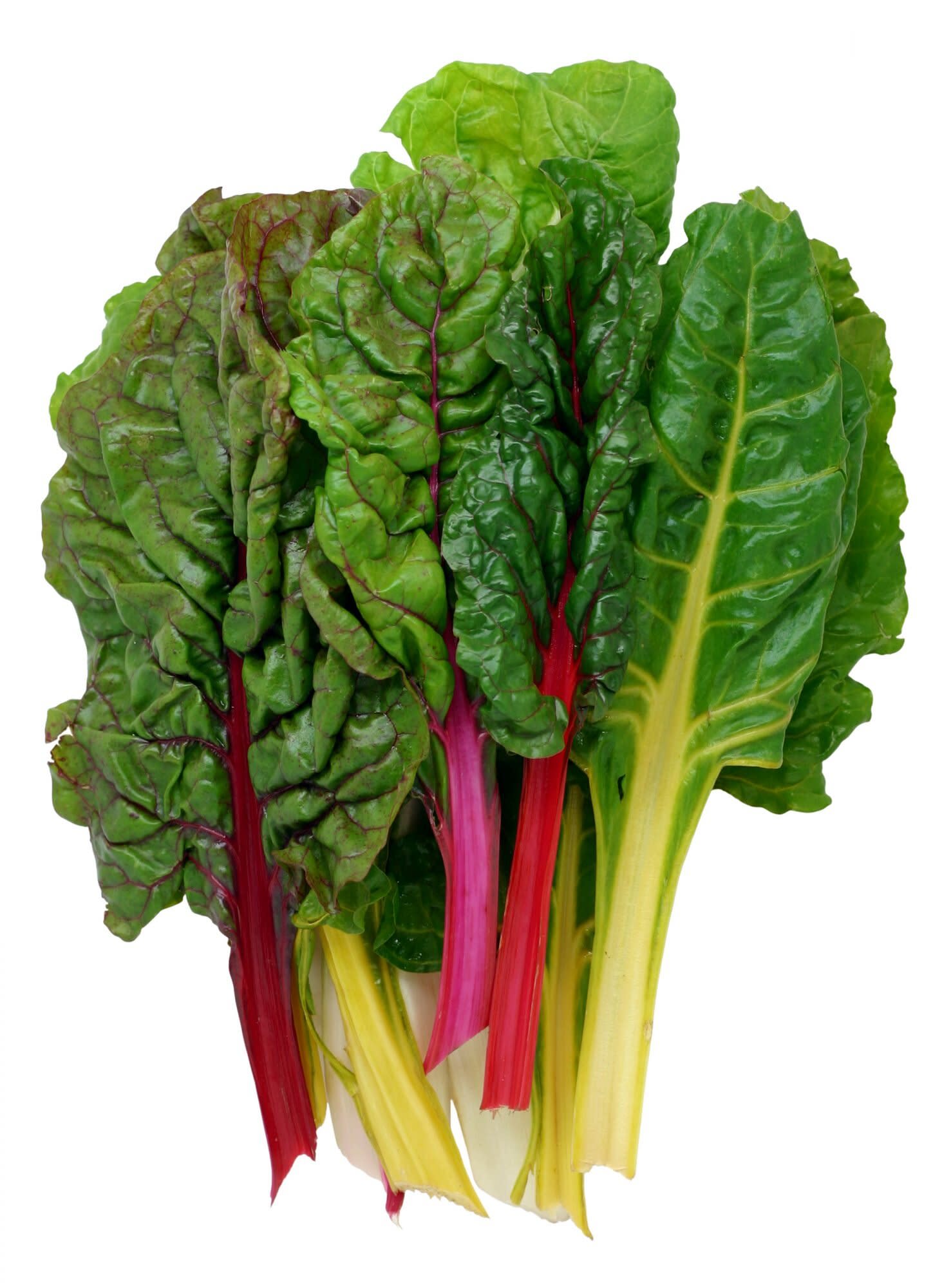
Everything You Need To Know About Swiss Chard
Color: Swiss chard leaves are bright green, with a bold red stem. Collard greens tend to be a solid either light or dark green color throughout. Kale, however, comes in a great variety of colors, from green to purple. Texture. Kale leaves are often curly and quite tough. Swiss chard is more tender - but not as easy to tear as collard greens.

What Causes Swiss Chard to Taste Bitter (And How to Fix It)
Chard is a dark leafy green vegetable common in Mediterranean cuisine. Particularly popular in Italian food, it's often featured in pasta dishes, in risotto, and even on pizza. While Swiss chard may be the best known, it comes in a variety of colors, including red and golden chard.

Simple Sautéed Swiss Chard An Easy Swiss Chard Recipe
Place it in enough water to cover it fully. Add thick stems to the water 1 or 2 minutes before the green parts of the leaves. Then cook 1 to 2 minutes more. [7] 4. Sauté Swiss chard over medium heat. Place 2-3 tablespoons (29.6-44.4 ml) of olive oil or butter in a pan and wait for it to heat up.
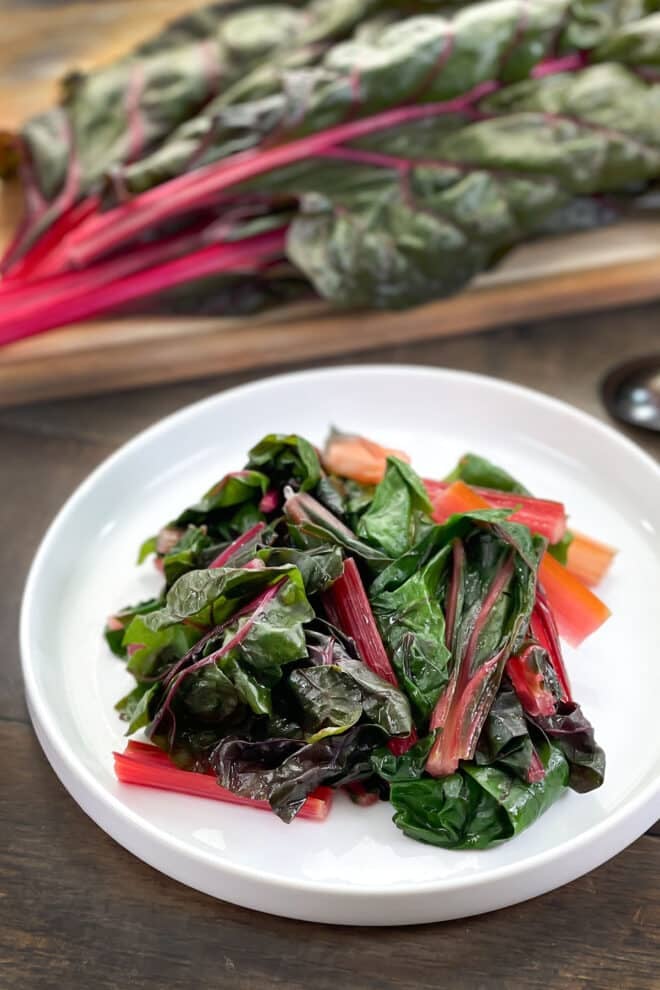
How To Cook Swiss Chard COOKtheSTORY
Swiss chard also contains about four grams of dietary fiber in just one cup of cooked greens, which helps regulate blood sugar levels, improves colon and digestive health, prevents constipation and diarrhea, and also helps you feel fuller in the process. 7. Helps Maintain Healthy Brain Function.
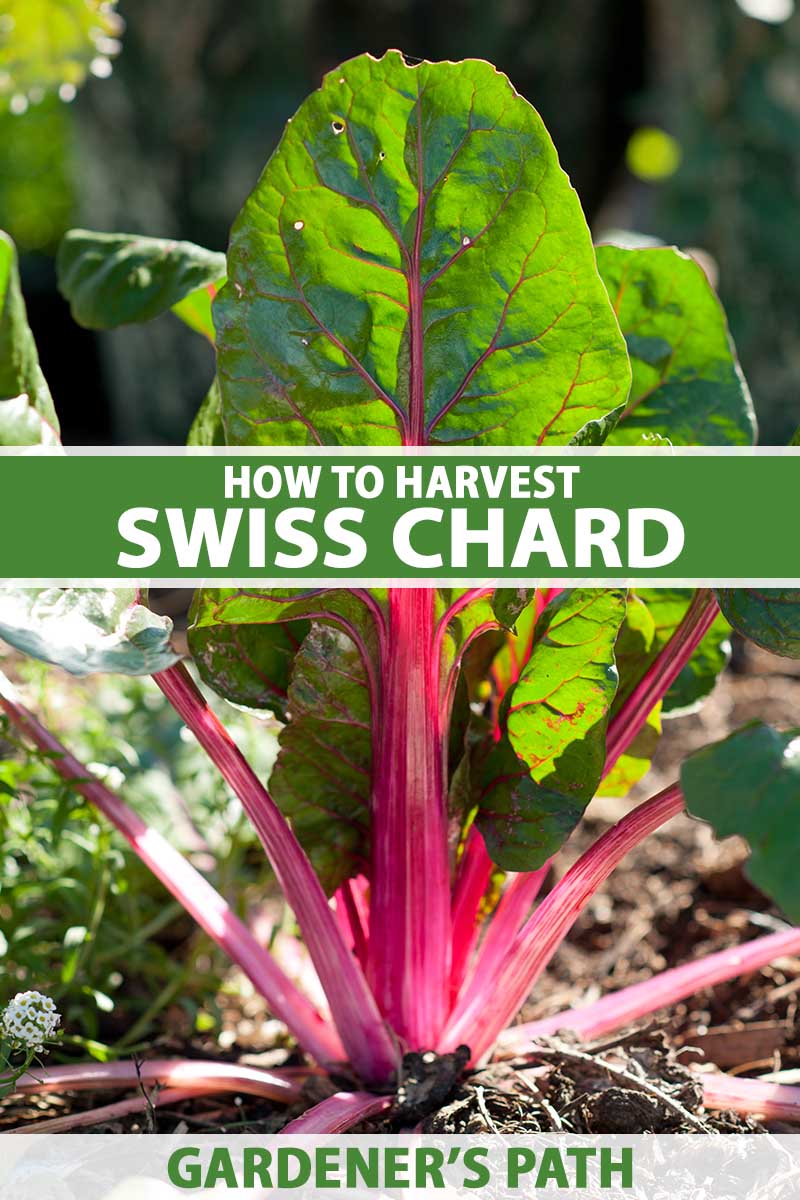
How to Harvest Swiss Chard Gardener’s Path
Instructions. To a medium saucepan add 1 inch of water and the salt. Bring to a boil over high heat. Put the Swiss chard leaves into a large colander and rinse them well under cold water. Shake off excess water. Peel the leaves from the stems, keeping the leaves and stems in separate piles. Roughly chop the leaves.

Bitter Greens Benefits & How To Eat Them Fine Dining Lovers
Cut a few cloves of garlic and let them fry for 2 minutes until slightly golden brown. Put in the chards and occasionally move them around to cover them in the mix. Drizzle some balsamic vinegar, a pinch of salt, and a pinch of pepper. Give it a good mix and cook until the plant has reduced and is properly soft.
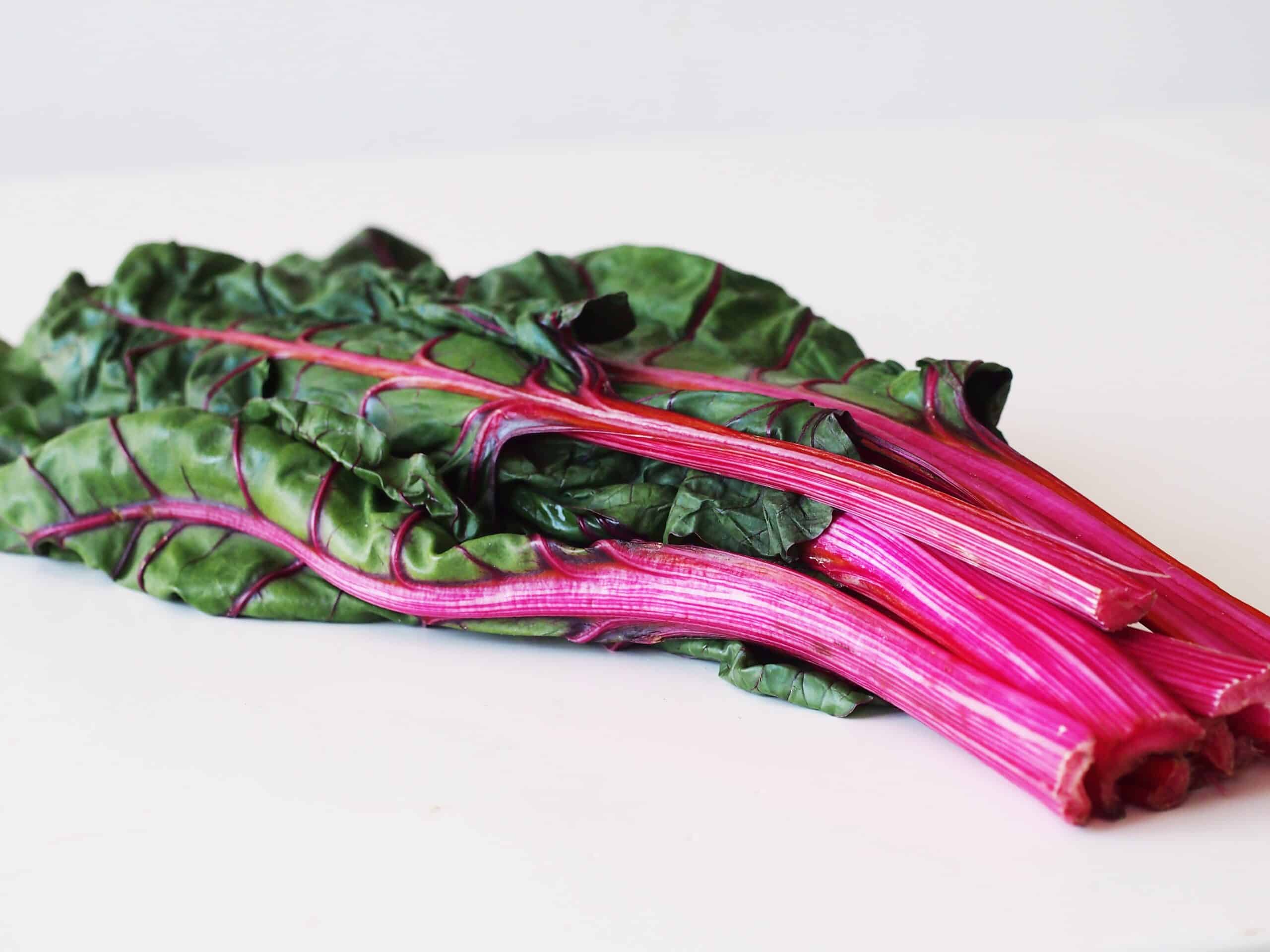
Swiss Chard for Babies First Foods for Baby Solid Starts
4 reasons Swiss chard might taste bitter. Swiss chard, like other members of the Goosefoot plant family, contains a compound called geosmin that gives the vegetable a slightly bitter taste. Many cooks and foodies prefer Swiss chard, spinach, and beetroot for this naturally-occurring bitterness that pairs well with a variety of dishes.

Swiss Chard Quiche Recipe Gourmet recipes, Gourmet side dish, Chard
Swiss Chard is a leafy green vegetable that tastes bitter if cooked improperly. To remove the bitterness from Swiss chard, blanch the leaves in boiling water for about 2 minutes. Drain the leaves and pat dry with paper towels. Then sauté the leaves in olive oil until tender. Season with salt and pepper.

SWISS CHARD AND RECIPES
The leafy vegetable Swiss chard is an easy-to-grow plant that is the same species as beets, but is grown for the leaves and enlarged petioles instead of the root.. The leaves may turn somewhat bitter in mid-summer but if you continue to remove older leaves the plant will produce more leaves that will be less bitter as the weather cools.
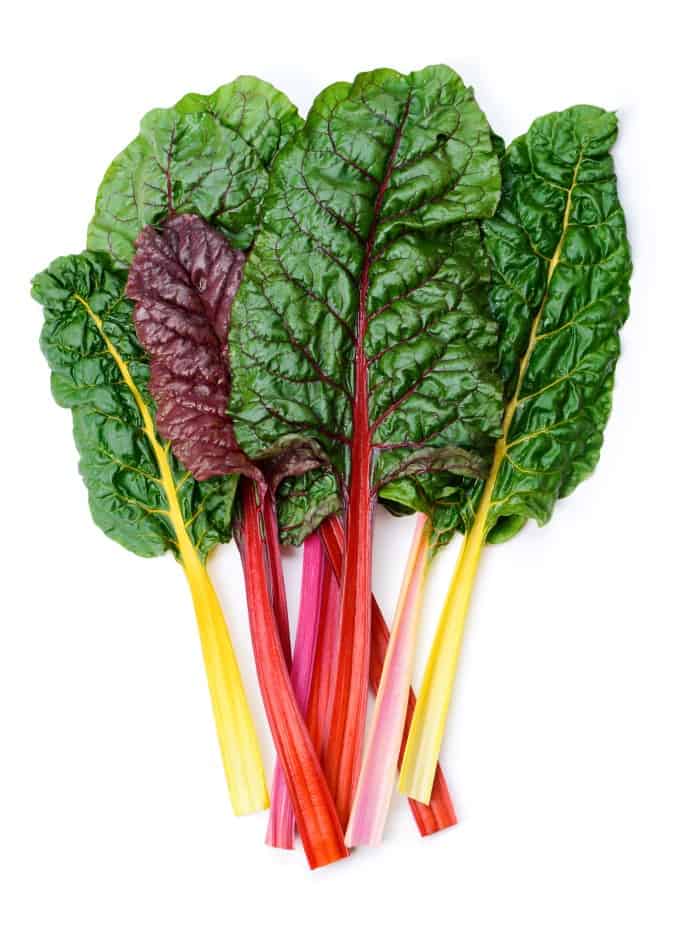
What is Swiss Chard? What Do I Do With It? Noshing With the Nolands
Heat the olive oil in a skillet over medium-high heat. Add the garlic, onion powder, crushed red pepper, and coriander seeds (if using). Cook until the garlic is fragrant; about 30 seconds. (Do not brown the garlic!) Add the dry swiss chard stems. Lower the heat and cook for 3-5 minutes before adding tender leaves.

Garlicky Swiss Chard Bruschetta The Beader Chef
Keeping leaves and stems separate, cut leaves into large pieces and cut stems into 1" pieces. Heat olive oil in a pan over medium heat. Add garlic and cook just until fragrant, about 30 seconds. Add chard stems and cook 5-6 minutes over medium heat. Stir in leaves. Cover and cook an additional 3-4 minutes or until tender stirring occasionally.
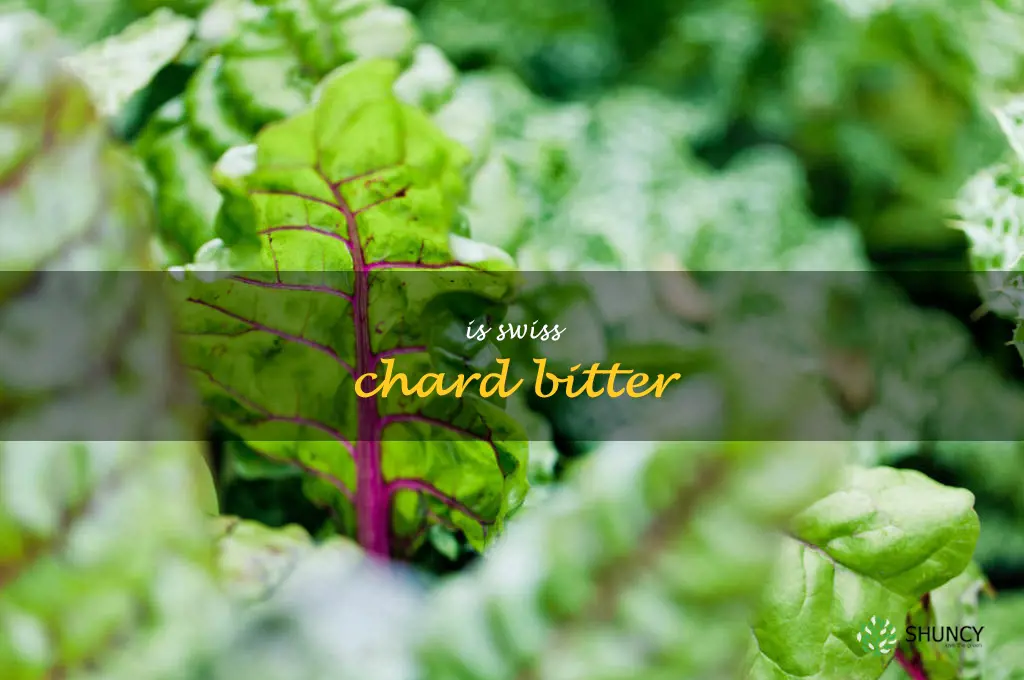
How To Enjoy The Bitter Flavor Of Swiss Chard ShunCy
Prep the Swiss chard. Remove the stems at the bottom of the leaves and slice them up. Roll the leaves into a cigar-like shape and slice across horizontally into one-inch wide strips. Cook the garlic and stems. Heat the olive oil in a sauté pan on medium heat. Add the minced garlic and sauté for 30 seconds.
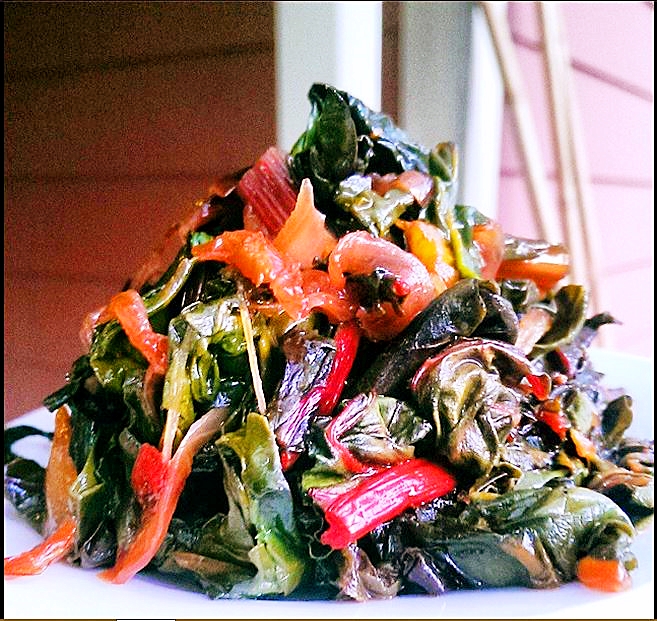
Sweet and Sour Braised Rainbow Swiss Chard Sweet Savant
2 TBS pine nuts (optional, but best) Salt and freshly-ground pepper to taste. Steps. Remove the stems from the chard, and slice it roughly. In a large saute pan over high heat, melt the butter and oil until it sizzles. Add the sugar and stir until the sugar begins to brown, about one minute. Add the chard and rosemary; stir well to coat the.